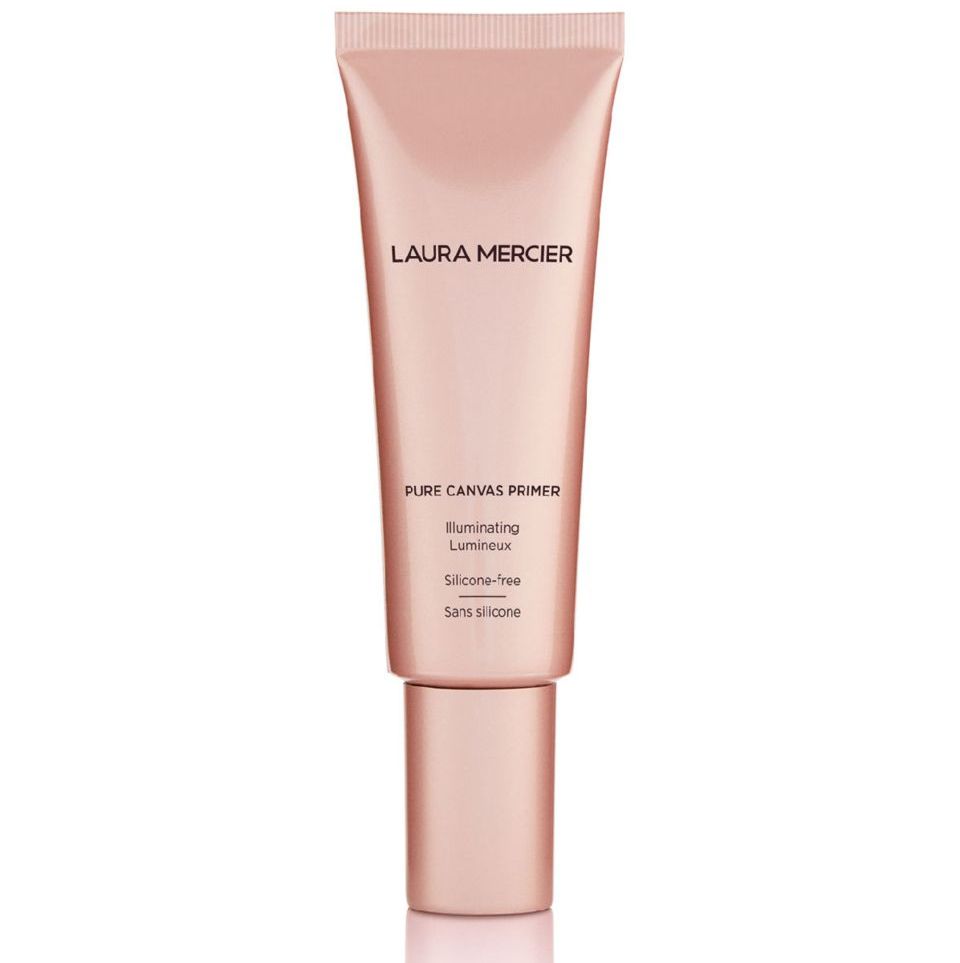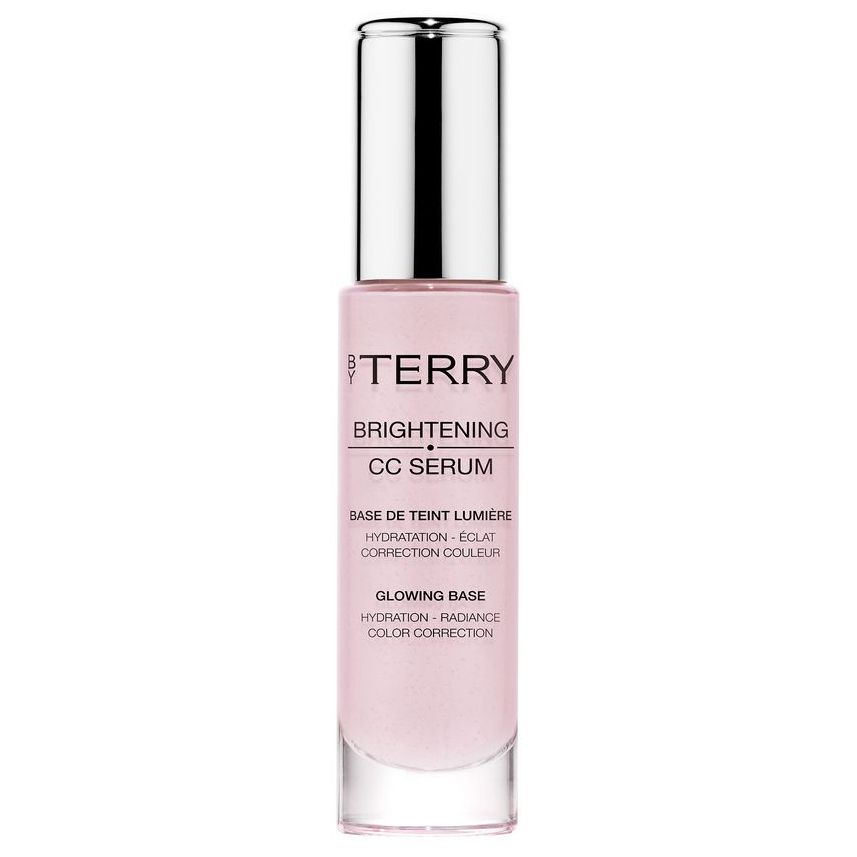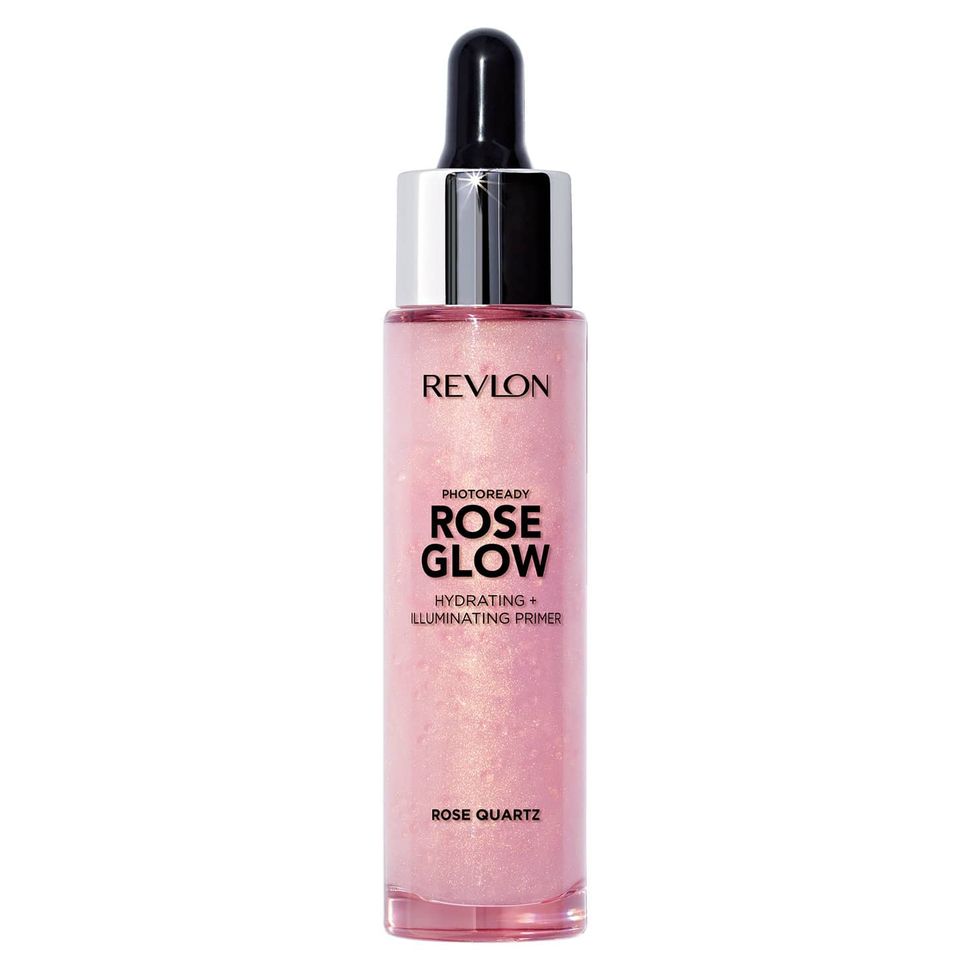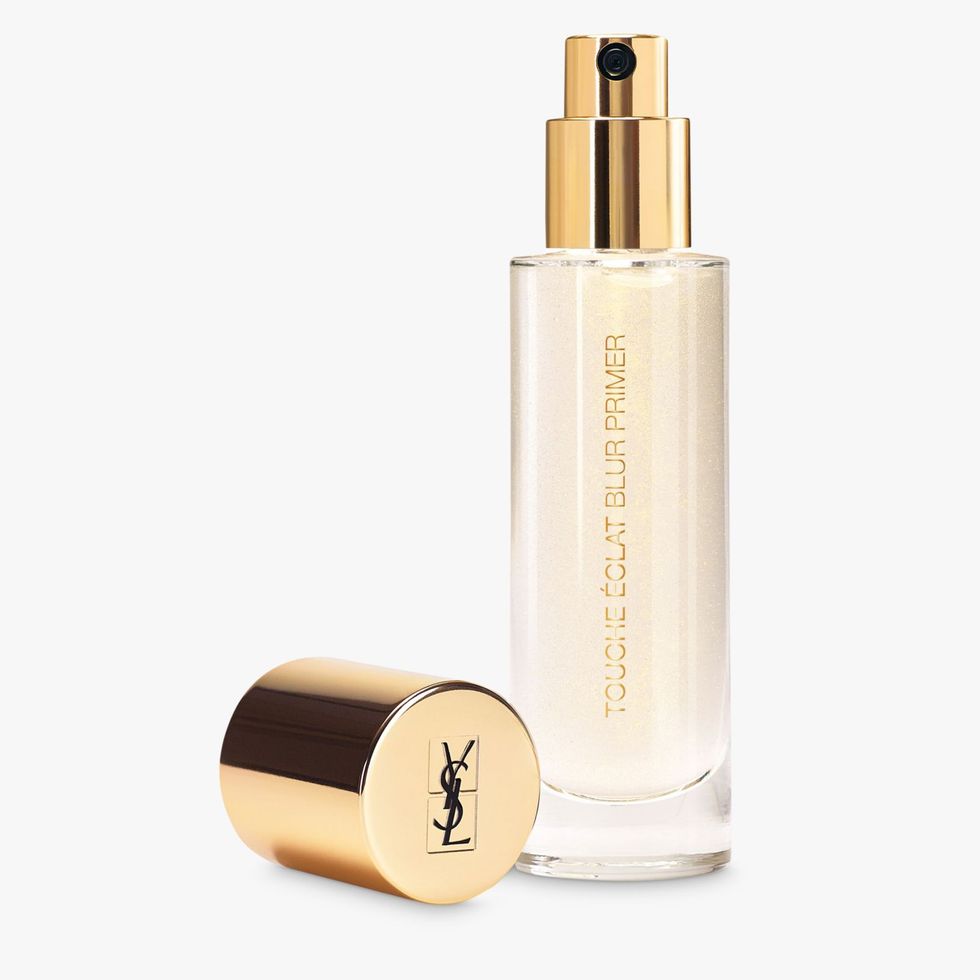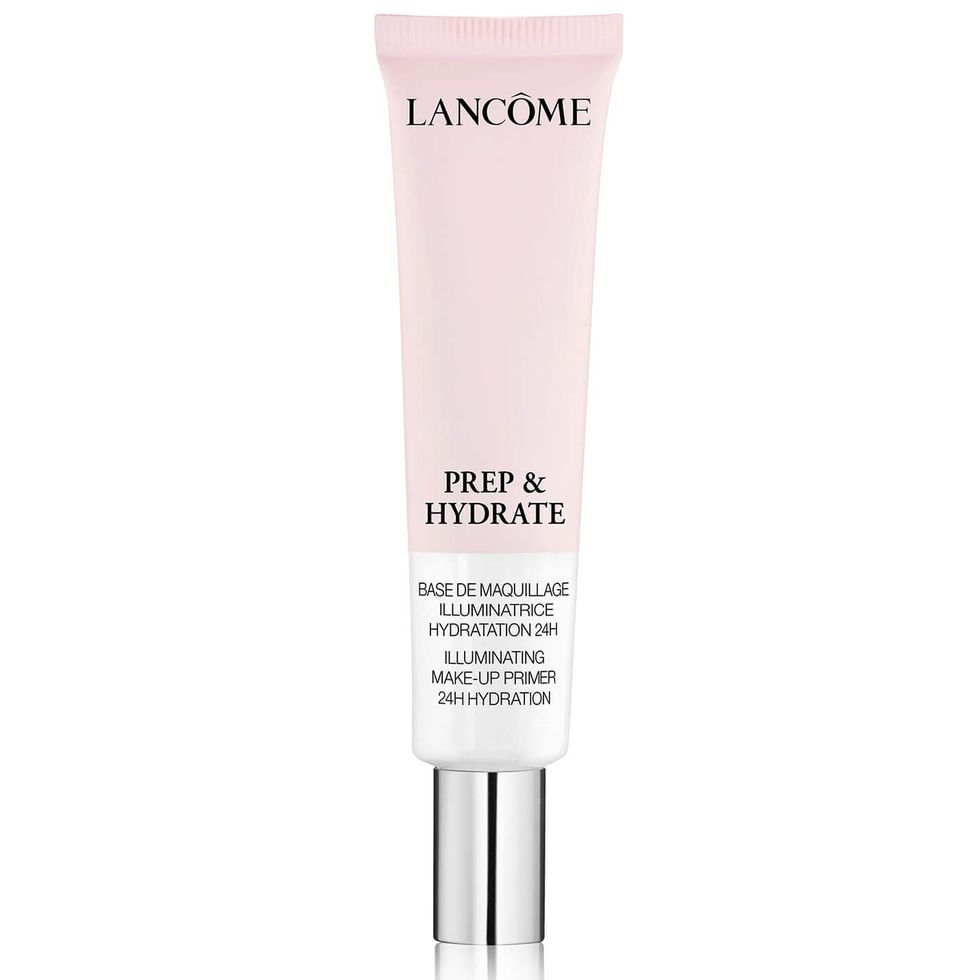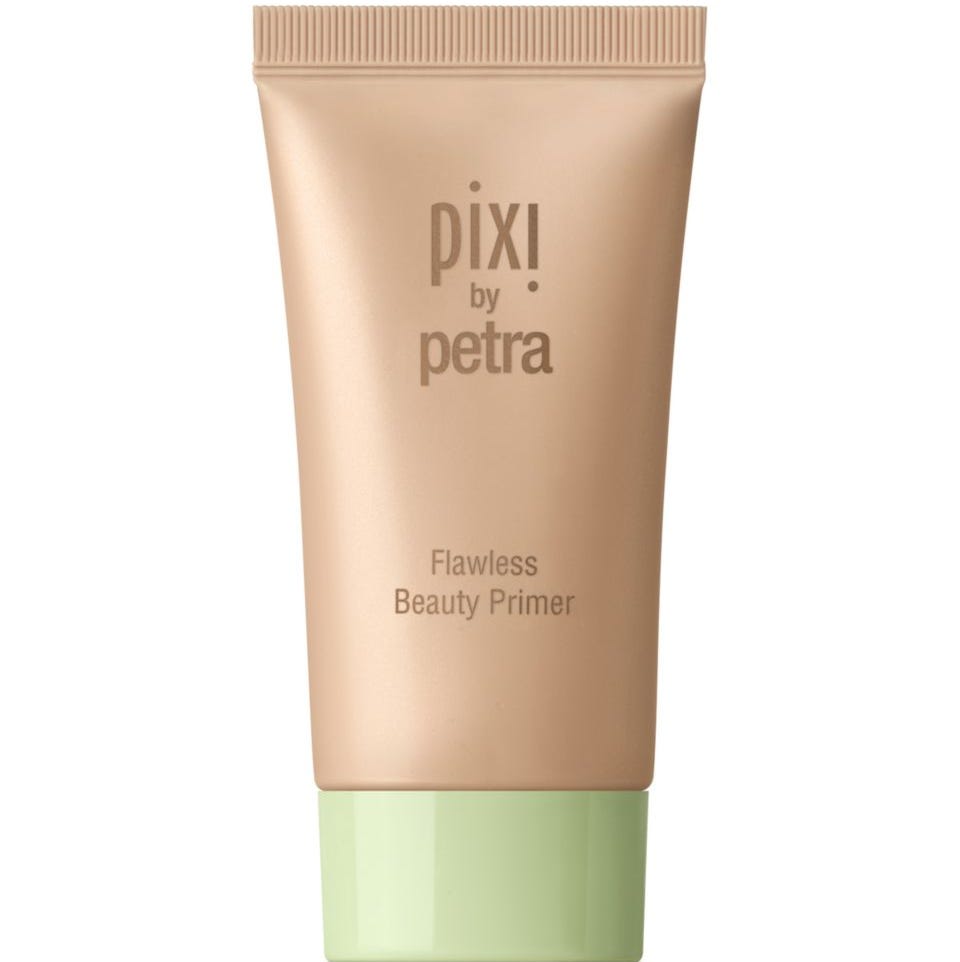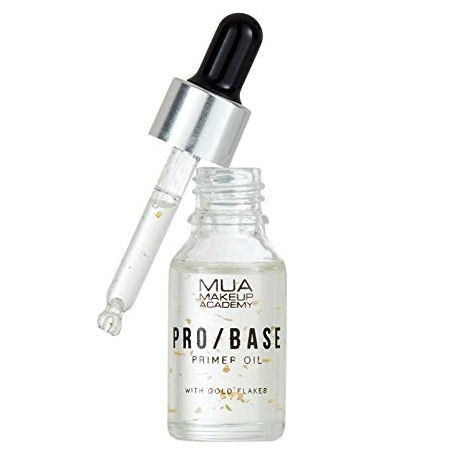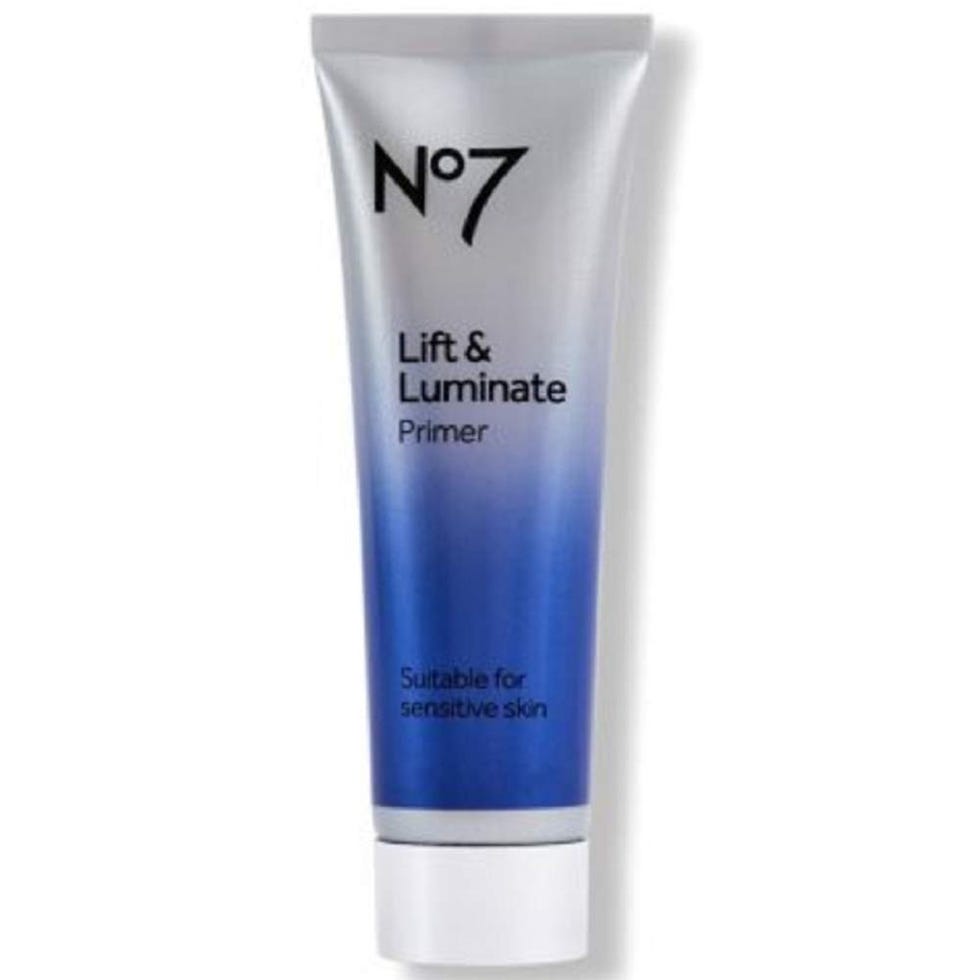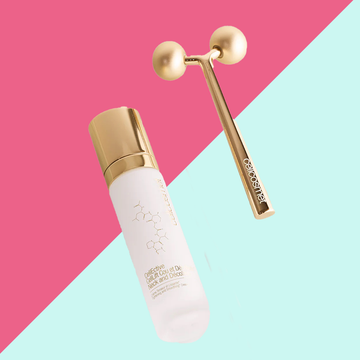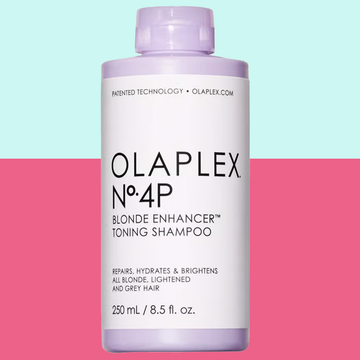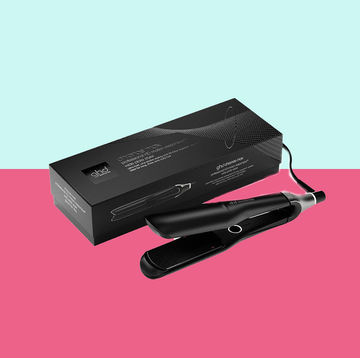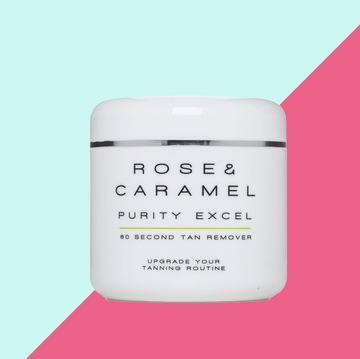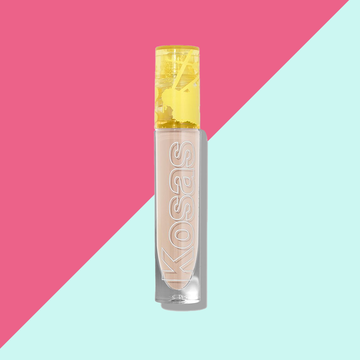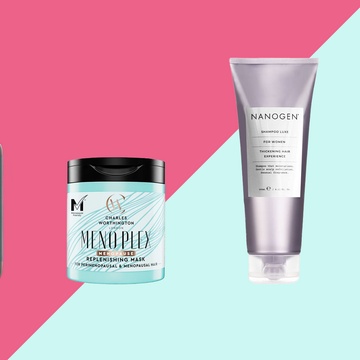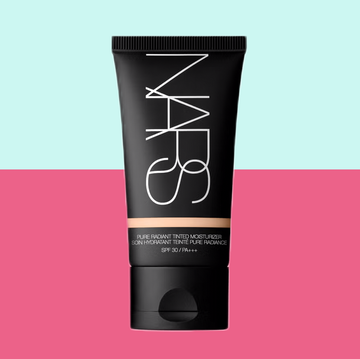We earn a commission for products purchased through some links in this article.
8 best illuminating primers for glowing skin, tried and tested
Achieve flawless dewy results, whatever your skin type
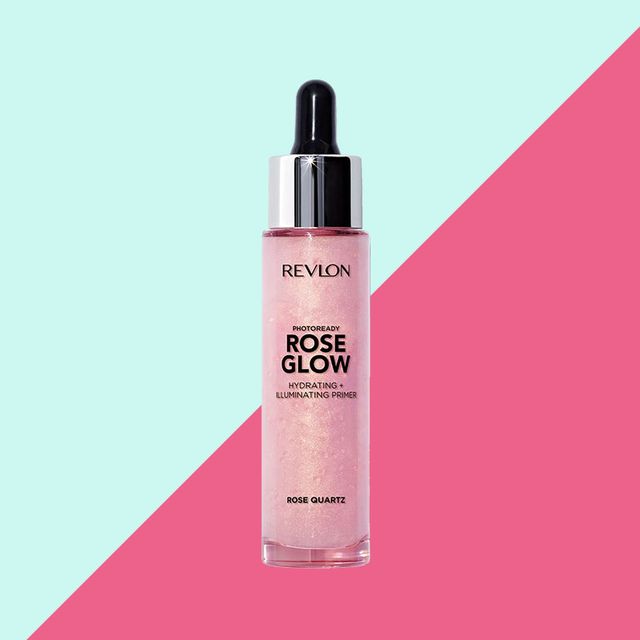
This article was updated in February to reflect the most up to date prices and deals.
If you’re looking for a flawless finish (that’ll be all of us then!), an illuminating primer could be the skincare step your routine is missing.
Primers work by smoothing and evening out skin tone, creating the ideal base for applying foundation. An illuminating primer goes one step further, adding more of a radiant glow with the clever use of subtle luminescent particles. It can be a particularly useful product for brightening mature skin and can provide a little extra confidence on non-makeup days too.
One of the most common reasons to apply a primer is to help makeup stay put for longer (particularly useful during hot weather when it has a habit of sliding off). Some can also provide an extra layer of hydration.
To help you decide which one to add to your beauty kit, the Good Housekeeping Institute recruited a panel of testers to try a range of market-leading primers. These are their top picks at a glance:
Best illuminating primers 2023
Who should use an illuminating primer?
"An illuminating primer can suit all skin types but is particularly great for lacklustre complexions,” explains Dr Sonia Khorana, dermatology ambassador for Hero Cosmetics.
It can help to smooth and even out a flat skin tone, giving you a brighter, glowing appearance.
Those with oily skin may prefer to choose a matte primer to help tackle shine.
What causes dull skin?
If you're prone to dull skin, at best your complexion lacks radiance, at worst it can look dehydrated and even grey. While glow primers can go a long way to boosting skin's appearance, it’s important to consider the underlying causes.
According to Dr Khorana, dullness can be down to a variety of factors, including inadequate sleep, lack of exercise, too much screen time, an unhealthy diet, environmental aggressors, a build-up of dead skin cells and natural ageing.
While we can control lifestyle factors such as diet and lack of sleep, cell turnover will naturally decrease with age. “As we get older, our skin cell cycle gets slower, which results in an accumulation of dead skin cells that can make your complexion look dull,” Dr Khorana explains.
UV damage can also accelerate the breakdown of skin collagen, contribute to dull looking skin and increase premature signs of ageing, which is why you should never skip your SPF.
British weather isn’t on our side either. “Dry skin during the autumn and winter months when the air holds less moisture can also make skin appear lacklustre,” says Dr Khorana.
Water-based vs silicone primers
When selecting the right primer for you, there are two formulas to consider. Lightweight water-based primers offer hydration without clogging, making them best suited to dry, sensitive or acne-prone skin.
However, if your foundation is silicone-based, you’ll want a compatible silicone primer. Slightly more mattifying, silicone-based formulas are recommended for oily skin.
How to apply an illuminating primer
Primer should be the last step in your morning skincare routine. For the best results, apply with your fingertips. Here's a quick reminder of the order we should be applying our products in:
How we test illuminating primers
The GHI asked 180 women of various ages and skin tones to put 15 illuminating primers to the test.
They tried them for a two-week period, giving us feedback on ease of application, texture, finish, design and more. These were their favourites.
Florence is our Senior Beauty Writer, specialising in expert-tested beauty and grooming reviews — from toothbrushes to the latest skincare launches. She’s committed to sharing recommendations for products that truly work and make people feel confident and healthy. Prior to this she was at Tropic Skincare, where she worked closely with biochemists in the lab, delving into the functions of each fresh, natural ingredient and conveying its efficacy to her audience in easy-to-digest terms.
With over five years’ experience in beauty and health journalism, Florence has written for ELLE, Women’s Fitness, Sister Magazine, National Geographic Traveller and many more, with a strong sustainability angle thread through much of her work.
When she isn’t packing for a trip away, working out, eating out or reading up on retinol serums, you’ll probably find her experimenting with her film camera and building her portfolio of portraits. Florence’s photography can be found at florencereeves-white.com, her Instagram is @florencereeveswhite and her twitter is @floreadsnwrites
Maria is our Beauty and Grooming Testing Manager, and since joining in mid-2022, she has managed the testing for mutiple categories including scalp scrubs, collagen supplements and retinol serums. In addition to her master's degree in chemical engineering and a diploma in cosmetic science, she recently received her MBA from the London College of Fashion, focusing on case studies within the beauty industry. Prior to joining the company, she worked within the global technical team at the Estee Lauder Companies for over six years, collaborating with the chemists and engineers to launch luxury beauty products at scale and to quality. She has also worked as a formulation scientist within the pharmaceutical industry and takes this evidence based approach into all her product testing.

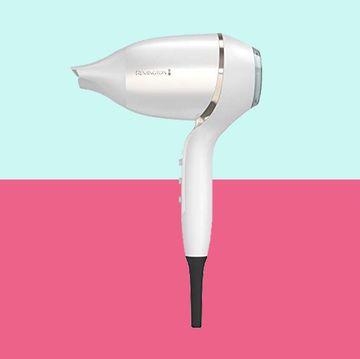
The best hair dryers for every hair type
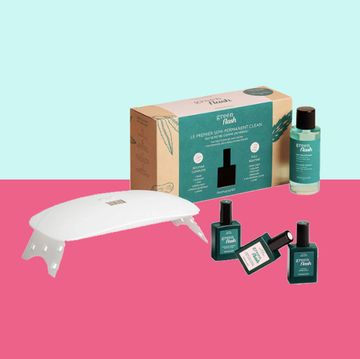
10 best gel nail kits for glossy manicures at home

The best day creams, tried and tested
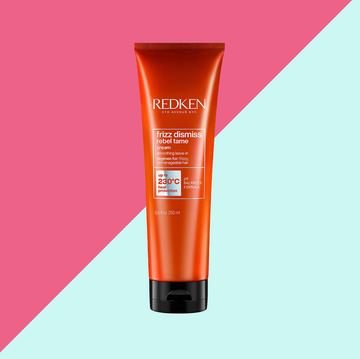
The best frizzy hair products, tried and tested
